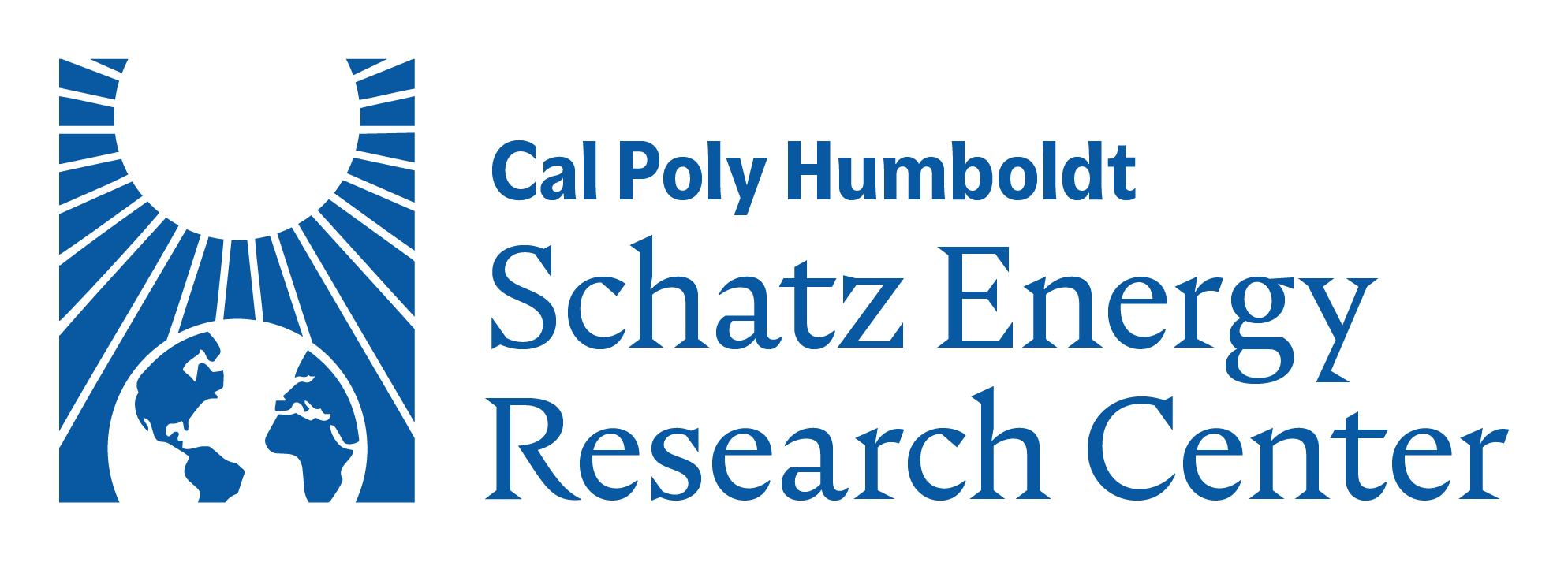
Over the past two years, SERC has worked with the Washington, DC-based Alliance to Save Energy (ASE) on the creation of an energy efficiency curriculum intended for nationwide use in high schools. The curriculum, known as Student Energy Auditor Training (SEAT), teaches students about energy by having them perform an energy audit on their own campus. SERC staff have pilot-taught the three-day curriculum in a half dozen schools across northern California, receiving positive reviews from students and teachers. In several cases, schools have gone on to make energy-saving upgrades based on the students’ recommendations.
However, the three-day format of the SEAT curriculum has gotten mixed reviews from school administrators, already hard-pressed to make sure students cover all their existing curricula. SERC and ASE have responded by producing a new, one-day version of the curriculum that is correlated to California’s state educational content standards. This approach will help teachers to integrate SEAT into their existing lesson plans. ASE has also asked SERC to produce a new version of SEAT adapted for use in middle schools, also standards-aligned. ASE plans to launch the new, streamlined SEAT curricula in southern California this spring.
SERC has also expanded its partnership with ASE through involvement in the Green Campus program. This ASE-sponsored program works with university students, staff , administrators, and faculty to improve energy efficiency on U.S. college campuses. The students of Humboldt State University’s Green Campus team recently recruited SERC’s Richard Engel as their staff advisor. Richard accompanied the team to Berkeley for a statewide Energy Efficiency Summit in January.















